#south african coloured
Explore tagged Tumblr posts
Text
youtube
Throwback - Why Is Tyla Being Marketed As A Black Woman? Why "Colored/Coloured" Is Problematic In The US.
In today's podcast, we're going to talk about South African artist Tyla, who is currently known for her hit song, Water.
#tyla#southafrica#southafrican#colored#coloured#blackwomen#blackwoman#blacktwitter#blacktiktok#bglw#blackamerican#blackamericans#TYLA#south african tyla#tyla water singer#tyla video#tylawater#south african star tyla#afrobeats#afrobeats tyla#tyla afrobeats#south african coloured#coloured south african#black women#black woman#black american#Youtube
2 notes
·
View notes
Text
youtube
#capecoloureds#capecoloured#South Africa#South Africans#Cape Flats#Cape Town#western cape#South African Coloured#Youtube
0 notes
Text
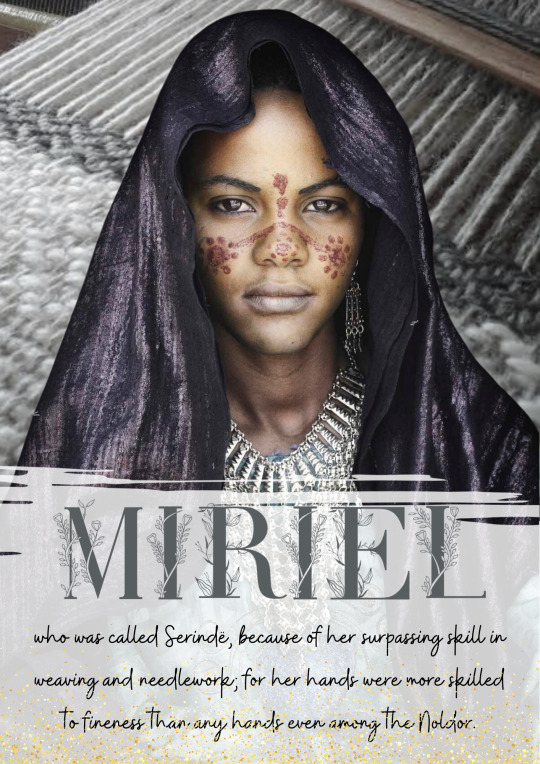

Day 1 of @finweanladiesweek
Part 26 of toi's indigenous tolkien series
[image description
1: a north African woman wearing a headscarf. The background is grey weaving. Text = MIRIEL who was called Serindë, because of her surpassing skill in weaving and needlework; for her hands were more skilled to fineness than any hands even among the Noldor
2: a east African woman wearing gold. Background has the ruffles of a dancers dress. Text = INDIS laboured not with her hands, but sang and made music, and there was ever light and mirth about her while the bliss of Aman endured.]
#indis#finweanladiesweek#silmarillion#tolkien women of colour#west african tolkien#(fulani + tuareg woman from niger)#black tolkien#east african tolkien#(south sudan)#moodboards and edits#toi's indigenous tolkien series#toi's creations#mepoc#miriel therinde#image described
107 notes
·
View notes
Text

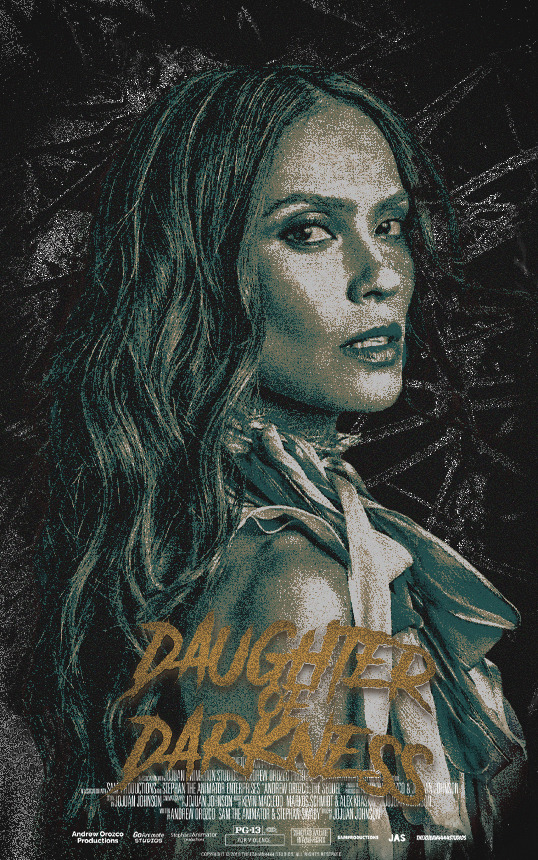
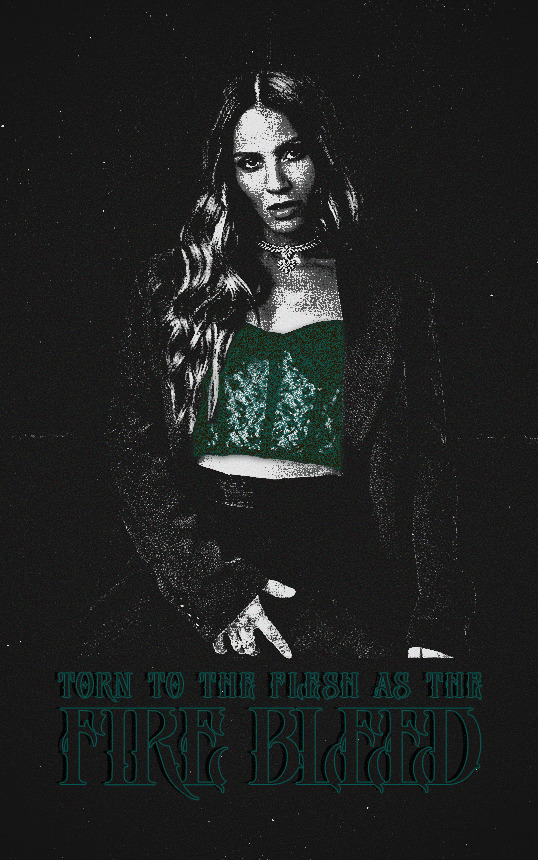
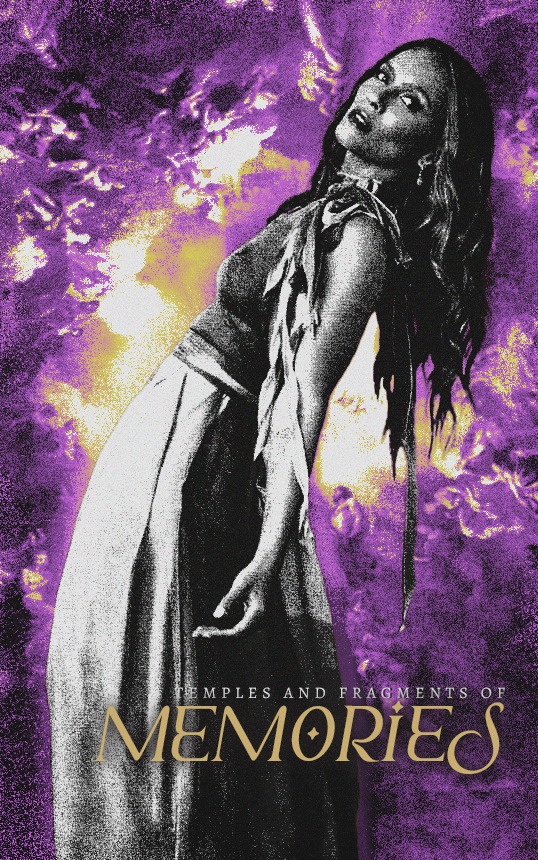
Lesley-Ann Brandt
credit: suskind
ethnicity. Cape Coloured (English, East Indian, German, Spanish, Dutch, Khoisan, Ashkenazi Jewish)
#lesley ann brandt#lesley ann brandt avatars#lesley ann brandt avatar#fc female#ressources rpg#forum rpg#avatar rpg#400x640#forumactif#roleplay#bichromatic#monochromatic#underused faceclaim#south african faceclaim#cape coloured faceclaim
43 notes
·
View notes
Text
I've been looking for various references to the Cape "snoek horn" (fishmonger's bugle) and came across a story/blog post written phonetically in Kaaps-Afrikaans dialect with English code mixing. certainly worth looking at for anyone interested in Afrikaans and Dutch, to get a sense of what the Cape Town dialect can look like. (the full post is on Jeremy Vearey's blogspot)
but my main reason for sharing, and with my sincere apologies @geschiedenis-en-talen, is the phonetic rendering of the final words of this paragraph :
As djy vannie Tiervlei se lane is en djy kennie vir Boetie Stinkvet tie dan is djy vaak gebore en het annieslaap grootgeword. As djy innie 80's van Tiekie-stage byrie hoek van Balvenie en Connaught verby Bataan se winkel straight orrie sandveld galoeppit dan kô kry djy die begin van dertiendelaan. Nou nerra oppai hoek, daa was Boetie Stinkvet se rooisink disco, smokkie, bioscope, restirant eksekera eksekera.
I stand by what I said, that Afr. "ensovoorts" / Eng. "and so forth" are more commonly said here, but I guess this is proof that this pronunciation does in fact exist at the Cape
with standardised spelling, but maintaining the dialect and code-mixing, the above paragraph would read :
As jy van die Tiervlei se lane is, en jy ken nie vir Boetie Stinkvet nie, dan is jy vaak gebore en het aan-die-slaap grootgeword. As jy in die 80's van Tiekie Stage by die hoek van Balvenie en Connaught verby Bataan se winkel straight oor die sandveld geloop het, dan kom kry jy die begin van Dertiendelaan. Nou net daar op daai hoek, daar was Boetie Stinkvet se rooi sink disco, smokkie [smokkelhuis], bioskoop, restaurant et cetera, et cetera.
English translation :
If you're from the streets of Tiervlei, and you don't know Boetie Stinkvet, then you were born tired and grew up asleep. Back in the 80's, if you walked from Tiekie Stage on the corner of Balvenie Avenue and Connaught Road past Bataan's shop, straight across the sand field, then you'd find yourself at the start of Thirteenth Avenue. Now, right there on that corner was Boetie Stinkvet's red sheetmetal disco, shebeen [speakeasy ?], movie hall, restaurant, et cetera, et cetera.
#langblr#afrikaans#kaaps#I love the Kaaps movement which seeks to legitimise the use of dialect in the public sphere#but I have mixed feelings about writing it like this. with an inconsistent and unsystematic 'phonetic' spelling#like eg. American and British English are mostly written the same. just a few examples like colour/color where spelling differs#and then using dialectal/regional words as would be natural#I feel like this kind of Kaaps spelling is somewhat misguided. sure maybe it's trying to distance itself from Standard afrikaans#but it is still very much written according to the standard afrikaans phonetic conventions so......?#the story in the blog post will be meaningless to non-south africans though just be aware of that#but it does have a rather fun resolution if you know anything about sa culture#it does have a slightly misogynistic tone in the way you might expect from a man reminiscing about the 80s
10 notes
·
View notes
Text

Whitney Seethal: South Africa
#exotic beauty#beautiful#beautiful hair#african#foreign#beautiful model#south africa#coloured#exotic
2 notes
·
View notes
Text
ty americanization of the internet posts for allowing me to adhd-proof my south african pride month posts
#got some stuff scheduled for october :]#over the holdiays i might just. do a whole bunch o' research abt queer south africans#especially queer coloured & black south africans and the queer indian diaspora in south africa#i was born in an area with quite a lot of indians#GREAT curry. you have not lived till youve eaten durban curry which is like.#it's curry right but it's like very influenced ny thd melting pot of cultures in durban#anyway#my lonely rambles
3 notes
·
View notes
Text

Joy came in the morning. Cappadocia, Türkiye.
#gratitude#love#beauty#black joy#black travel#my travels#life is a blessing#cappadocia#hot air balloon#turkiye#solo travel#solo trip#loewe#sunrise#colour#dream#serenity#core memory#south african women#inspiration#londimodiko#europe#black beauty#beautiful#landscape
6 notes
·
View notes
Text
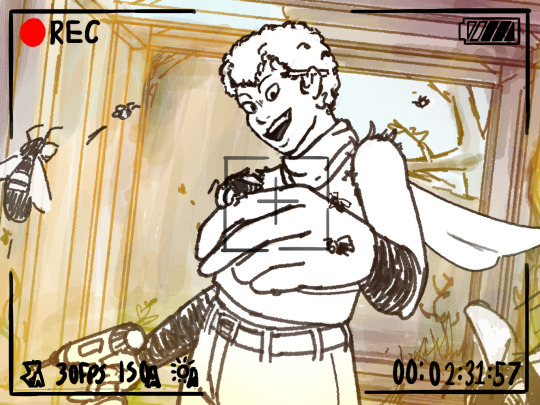
started as a sketch for a collab with irls and then I went a bit overboard
#firealpaca#digital art#coloured sketch#bees#feel like i should explain the drill so#when I was researching bees to base the character off of my thinking process was like this:#-> bees have black bodies so maybe they should also be black#-> i wonder if there are any african bumblebees (I didn't wanna do honeybees cause I don't think they look as cute)#-> carpenter bees look pretty similar to bumblebees and they're found in south africa#-> carpenter bees are pests that bore holes into wood and can completely wreck building projects due to the sheer number of holes#-> maybe she's like a vandal who like. idk fucking drills into walls ig (that ended up becoming more like "she goes to abadoned places and#i did not do any of that research into the background though that shit is just Plant
6 notes
·
View notes
Text
I’m curious? In India, do people wear all white to a funeral … or is it something that’s mostly done on tv?
#like South African Hindu funerals people just wear traditional clothes … colour doesn’t matter#but every show I’ve watched based in India#they wear white?#made in Heaven 2
8 notes
·
View notes
Text
i just tripped out during this study session and i don't know where this chat ends.
disclaimer/s: first, most of these are one-liners/mostly incomplete thoughts because, again, this is in between trying to actually get information in and trying to not copy the whole textbook on these sheets of paper, and actually trying rest during a study break. secondly, this whole thought sits closely to the importance of language to any self-identifying adult, the concept of community itself, and to africans entirely.
i asked myself: 'what is the broader south african coloured community's stance on the events of 16 june 1976?'
quick context: 16 june 1976, also known as 'june 16'/'soweto uprising'/'youth day' is a day on which the youth of south africa took to the apartheid-thick streets to protest against being taught in the afrikaans language - which, although indigenous to south africa and spoken by most if not all of the coloured community as a first language, was (and continues to be by most people) considered as 'the oppressor's tongue'. reports say 'about 200' people died in soweto that day after the apartheid police opened fire on literal children.
a couple of things went through my head after that:
there were coloureds in support of that movement. (in whatever capacity) so they must've been able to detach themselves, right?
this whole 'oppressor's tongue' name is weird too, right? because the coloured community has developed an entire culture with whatever history has thrown at them. for sure having that as a basis of a movement must have sat funny with some coloured folk.
not all coloured people identify as 'coloured'. some identify as 'ethnically coloured & politically black'. in fact not all coloured people are 'coloured'. some are bi-racial and none of their parents are afrikaans-speaking. so what is these individuals' significance in this conversation?
should they feel a type of way about it? while it would be weird to say being coloured was 'forced on them', (insert the full history of coloured people with the dark and bright parts) it would also be remiss to not include the white man's involvement in the creation of the community. should they champion and protect their own oppression?
does it continue to become their 'oppression' once they have owned it and made it theirs? or does it just become a part of history?
while all of that is happening, a thought that i have shared with my friends in the past resurfaced. it basically says: 'the day south africa has a true and honest conversation regarding the coloured community is the day the relationship between the minorities in the country will start getting better or horribly worse.'
as i type this post i am asking myself 'does south africa even need to have that conversation in the first place? does the coloured community need to be re-legitimised beyond what we known them?'
yes? becuase in doing so, we get to clear some politcal grey areas?
no? because it is not our (non-coloured folk) place to decide what is worth talking about regarding their community and identity? especially just because it doesn't make full sense to us.
#if it bothers you what my opinion is: i believe all coloured people are my brothers and sisters in arms against a much bigger threat.#regardless of how they choose to identify themselves.#politics#south africa#south african politics#coloured#law school#1morespiral
3 notes
·
View notes
Text
Full video: https://youtu.be/9wdt8V4_hSE
Part 7 of 7: Why Is Tyla Being Marketed As A Black Woman? & Why "Colored/Coloured" Is Problematic In The US.
Welcome back to the channel ladies. So, this has been an ongoing discussion. In today's podcast, we're going to talk about South African artist Tyla, who is currently known for her hit song, Water.
#TYLA#south african tyla#tyla water singer#tyla video#tylawater#south african star tyla#afrobeats#afrobeats tyla#tyla afrobeats#south african coloured#coloured south african#black women#black woman#black american
1 note
·
View note
Text
Tyla the first coloured woman of South Africa to win a Grammy!!🤍🤍

4 notes
·
View notes
Text
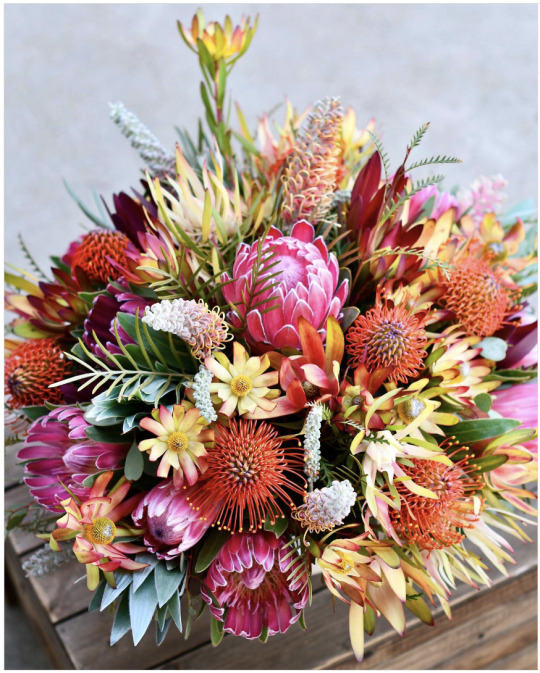
A glorious bouquet featuring the native flowers of South Africa, especially the Proteaceae family.
Photo by Diana Roy at the Resendiz Brothers flower farm Instagram
(Shared with the photographer's permission)
#botany#flowers#bouquet#south africa#proteas#proteaceae#south african flowers#yellow flowers#pink flowers#tropical#tropical flowers#africa#flower arrangement#hot colours#warm colours#nature's beauty#botanical#plants
4 notes
·
View notes
Video
Pink South African Meadow @ Nymans NT by Adam Swaine Via Flickr: Bulbine frutescens are fast growing tender evergreen perennials with succulent like leaves that are cultivated for their medicinal qualities. The jelly like substance they produce is used to sooth bites, burns and sores. It is easy to grow from seed and self-seeds freely here at Nymans.
#south african meadow#meadows#english meadows#NYMANS#nymans sussex#NT Sussex#england#english#pink & green#Pink#Gardens#sussex gardens#pretty gardens#sussex#West Sussex#english landscapes#beautiful#summer#seasons#flora#Flowers#plants#counties#countryside#uk#uk counties#walks#colours#Adam Swaine#fuji
0 notes
Text
Non-offensive Historical terms for Black people in historical fiction
@pleasespellchimerical asked:
So writing historical fiction, with a white POV character. I'm not sure how to address race in the narration. I do have a Black main character, and I feel like it'd feel out of place to have the narrator refer to her as 'Black', that being a more modern term. Not sure how to do this without dipping into common historical terms that are considered racist today. Thoughts on how to handle this delicately, not pull readers out of the narrative? (fwiw, the POV character has a lot of respect for the Black character. The narration should show this)
There are non-offensive terms you can use, even in historical fiction. We can absolutely refer to Black people without slurs, and if slurs is all one can come up with, it’s time to go back to the drawing board. I cannot say which terms are best for your piece without knowing the time period, but hopefully the list below helps.
Historical terms to use for Black people (non-offensive)
African American documented as early as 1782 (documented in an ad in the Pennsylvania Journal). Note the identity isn’t accurate for non-American Black people.
African could refer to African people or “from 1722 as ‘of or pertaining to black Americans.’”
The place of origin could also be used. For example, “a Nigerian woman”
Africo-American documented as early as 1788.
People of Color documented as early as 1796 (with specific contexts, usually mixed people)
Afro American documented as early as 1817, 1831 (depending on source)
Black American documented as early as 1831
Black was used in Old English to refer to dark-skinned people. Black was not capitalized until recent years, so “She was a young black woman.” would make sense to say, though “She was a young Black woman.” is the better standard today, although not universally adopted. I personally prefer it capitalized.
Moor was used as early as the late 1400s for North African people, but had a somewhat flexible use where anyone visibly Black / Of African descent or the Afro Diaspora might be referred to or assumed as a Moor. Note, it has other meanings too, such as referring to Muslim people, but that doesn’t mean the person using it is going by the dictionary definition. Not really the way to go today, but okay in a historical setting (in my opinion).
Biracial (1860s), mixed race (1872), multiracial (1903) and multicultural (1940s) are also terms to refer to people of two or more races.
Occupation + description. Throughout history, many people have been referred to as their occupation. For example, the Carpenter, The Baker, the Blacksmith. Here’s an example of how you might go about using occupation and traits to identify a Black character in history. Here’s an example I came up with on the fly.
“You should go by Jerry’s. He’s the best blacksmith this town’s ever seen. Ya know, the real tall, dark-skinned, curly haired fellow. Family’s come here from Liberia.”
Offensive and less-sensitive terms for Black people
Blacks was used in plural more, but this is generally offensive today (Even writing it gives me **Thee ick*)
Colored was mostly used post-civil war until the mid 20th century, when it became unacceptable. This is not to be conflated with the South African Coloured ethnic group.
Negro/Negroes were also used as early as the 1550s. Capitalization became common in the early 20th century. I'm sure you know it is offensive today, though, admittedly, was not generally seen as such until around the 1960s, when Black replaced it. It does have its contexts, such as the trope “The Magical Negro” but going around using the term or calling someone that today is a lot different.
Mulatto referred to mixed people, generally Black and white, and is offensive today.
The N-word, in all its forms, is explicitly a slur, and there is absolutely no need to use it, especially in a casual manner, in your story. We’ve written about handling the N-word and alluding to it “if need be” but there are other ways to show racism and tension without dropping the word willy-nilly.
Deciding what to use, a modern perspective
I’m in favor of authors relying on the less offensive, more acceptable terms. Particularly, authors outside of the race. Seldom use the offensive terms except from actual direct quotes.
You do not have to use those offensive terms or could at least avoid using them in excess. I know quite famous stories do, but that doesn’t mean we have to so eagerly go that route today. Honestly, from teachers to school, and fellow non-Black students, it’s the modern day glee that people seem to get when they “get a chance to say it” that makes it worse and also makes me not want to give people the chance.
It goes back to historical accuracy only counting the most for an “authentic experience” when it means being able to use offensive terms or exclude BIPOC from stories. We’ve got to ask ourselves why we want to plaster certain words everywhere for the sake of accuracy when there are other just as accurate, acceptable words to use that hurt less people.
Disclaimer: Opinions may vary on these matters. But just because someone from the group cosigns something by stating they’re not offended by it, doesn’t mean a whole lot of others are okay with it and their perspectives are now invalid! Also, of course, how one handles the use of these words as a Black person has a different connotation and freedom on how they use them.
~Mod Colette
The colonial context
Since no country was mentioned, I’m going to add a bit about the vocabulary surrounding Black people during slavery, especially in the Caribbean. Although, Colette adds, if your Black characters are slaves, this begs the question why we always gotta be slaves.
At the time, there were words used to describe people based on the percentage of Black blood they had. Those are words you may find during your searches but I advise you not to use them. As you will realize if you dive a bit into this system, it looks like a classifying table. At the time, people were trying to lighten their descent and those words were used for some as a sort of rank. Louisiana being French for a time, those expressions were also seen there until the end of the 19th century.
The fractions I use were the number of Black ancestors someone had to have to be called accordingly.
Short-list here :
½ : mûlatre or mulatto
¼ or ⅛ : quarteron or métis (depending on the island, I’m thinking about Saint-Domingue, Martinique and Guadeloupe)
1/16 : mamelouk
¾ : griffe or capre
⅞ : sacatra
In Saint-Domingue, it could go down to 1/64, where people were considered sang-mêlé (mixed blood for literal translation, but “HP and the Half-Blood Prince” is translated “HP et le Prince de Sang-Mêlé” in French, so I guess this is another translation possibility).
-Lydie
Use the 3rd person narrative to your advantage
If you are intent on illustrating historical changes in terminology consider something as simple as showing the contrast between using “black” for first person character narration, but “Black” for 3rd person narrator omniscient.
-Marika
Add a disclaimer
I liked how this was addressed in the new American Girl books it’s set in Harlem in the 1920’s and there’s a paragraph at the beginning that says “this book uses the common language of the time period and it’s not appropriate to use now”
-SK
More reading:
NYT: Use of ‘African-American’ Dates to Nation’s Early Days
The Etymology dictionary - great resource for historical fiction
Wikipedia: Person of Color
2K notes
·
View notes